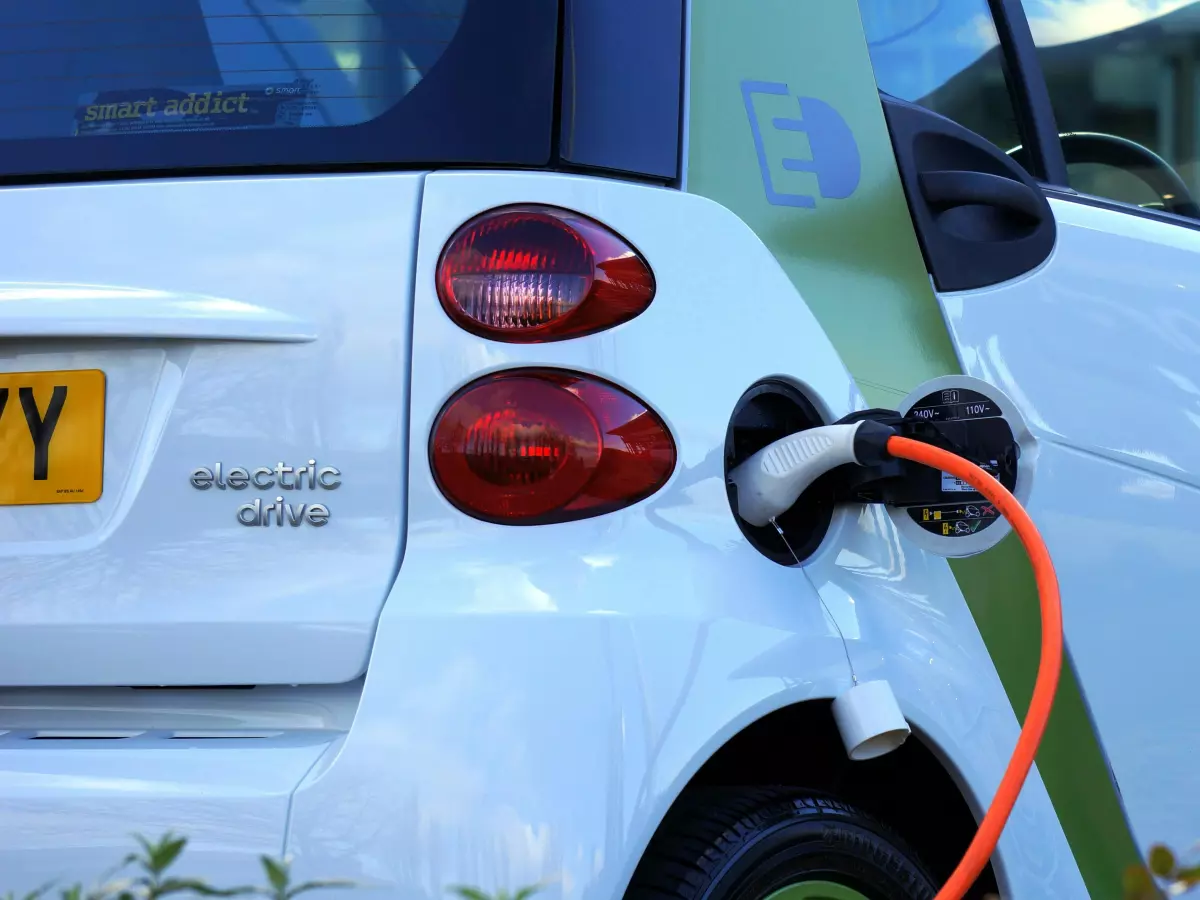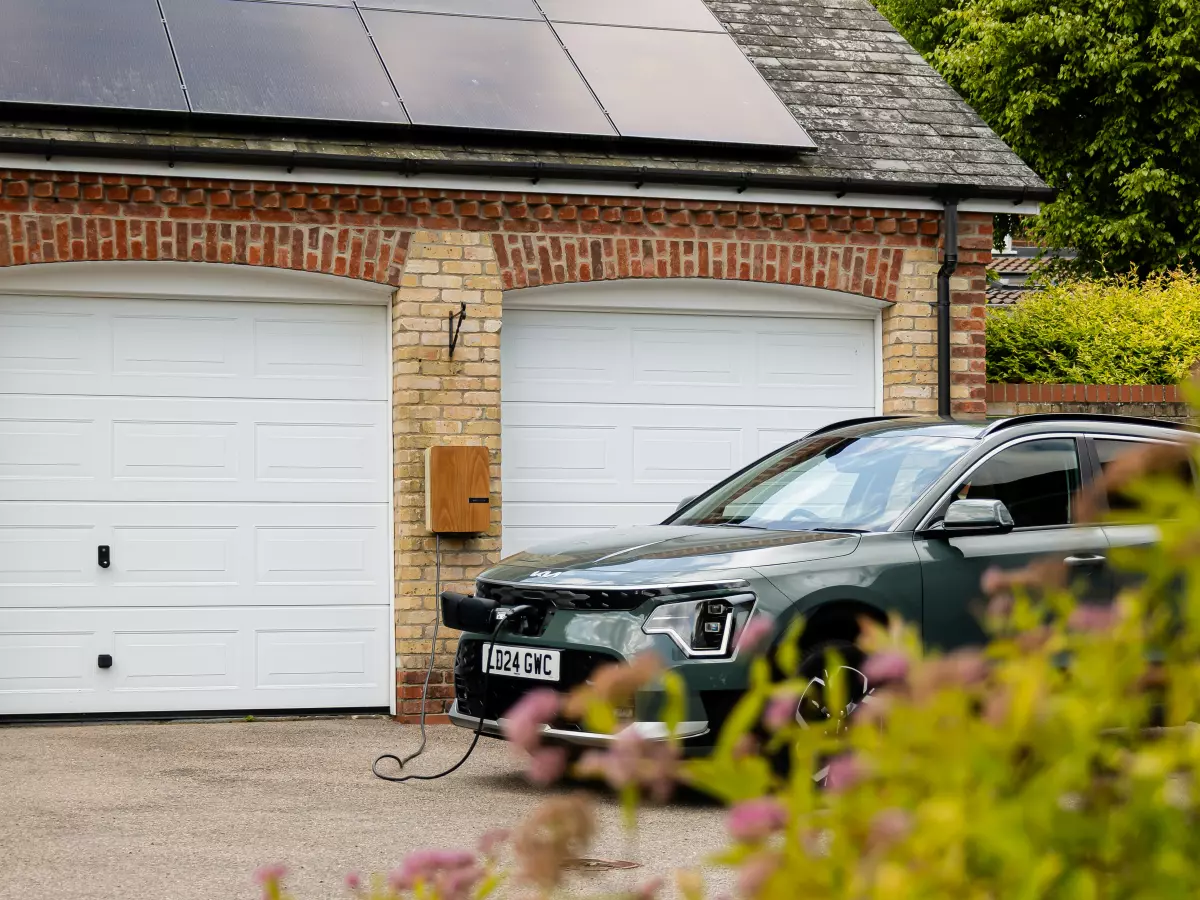Electric Showdown
Ford's CEO just got a wake-up call from China, and it’s not looking good for traditional carmakers.

By Kevin Lee
So, here’s the deal: Ford’s CEO, Jim Farley, recently took a trip to China and got behind the wheel of a Chinese electric vehicle (EV) from Changan. And guess what? He’s now officially freaked out. According to Frandroid, Farley called these Chinese EVs an “existential threat” to legacy carmakers like Ford. Yeah, you read that right—existential. That’s not just a casual “oh, we’ve got competition” kind of statement. That’s more like “we might not survive this” level of concern.
But why, you ask? Well, buckle up because this is where it gets interesting. Chinese automakers have been cranking out EVs at a pace and price point that’s making Western automakers sweat bullets. They’re not just cheaper; they’re also packed with tech that’s on par—or in some cases, better—than what Ford and other traditional brands are offering. And that’s a big problem for the old guard.
China’s EV Boom
Let’s break it down. China is the world’s largest EV market, and they’re not just making cars for themselves anymore. They’re exporting these bad boys all over the globe. Brands like BYD, Nio, and Changan are becoming household names, and they’re doing it with cars that are affordable, efficient, and loaded with cutting-edge tech. It’s like the perfect storm for Western automakers who are still trying to figure out how to make EVs that don’t break the bank.
And here’s the kicker: Chinese EVs aren’t just cheap knock-offs. They’re legit. From battery tech to autonomous driving capabilities, these cars are proving that China isn’t just catching up—they’re leading the charge. Farley’s test drive in China wasn’t just a casual spin around the block; it was a reality check. The future of the auto industry might not be in Detroit or even Silicon Valley—it could very well be in Beijing.
Ford’s Dilemma
So, where does this leave Ford? Well, they’re in a bit of a pickle. On one hand, they’ve got a legacy of building some of the most iconic cars in history. On the other hand, they’re now facing a new wave of competition that’s faster, cheaper, and arguably more innovative. It’s like trying to win a race with a classic Mustang while your competitor is zooming past in a sleek, futuristic EV.
Ford has been investing heavily in its own EV lineup, with models like the Mustang Mach-E and the F-150 Lightning. But here’s the thing: those cars are expensive. They’re great, sure, but they’re not exactly affordable for the average consumer. Meanwhile, Chinese automakers are producing EVs that are not only cheaper but also come with features like advanced driver assistance systems (ADAS) and longer battery ranges. It’s a tough sell for Ford, especially when consumers are becoming more cost-conscious and tech-savvy.
The Tesla Factor
And let’s not forget about Tesla. While Ford is worried about China, Tesla is over here doing its own thing—like potentially launching robotaxis. Yeah, robotaxis. According to Presse-citron, Tesla is set to make a big announcement on October 10th, and the rumor mill is buzzing about autonomous driving services. If Tesla pulls this off, it could be another nail in the coffin for traditional automakers. Imagine a world where you don’t even need to own a car because you can just summon a Tesla robotaxi with your phone. That’s a future Ford—and every other legacy automaker—needs to prepare for.
So, while Ford is busy trying to fend off the Chinese EV invasion, Tesla is out here rewriting the rules of the game. It’s like Ford is playing checkers while Tesla and China are playing 4D chess.
What’s Next?
So, what’s the takeaway here? Well, Ford—and other traditional automakers—are facing a perfect storm of competition from both China and tech giants like Tesla. The rise of Chinese EVs is a wake-up call that the auto industry is changing faster than anyone expected. And if Ford doesn’t adapt—and fast—they might find themselves left in the dust.
But hey, it’s not all doom and gloom. Ford has the resources, the brand loyalty, and the engineering talent to make a comeback. The question is: will they? Or will they be another casualty in the EV revolution?





